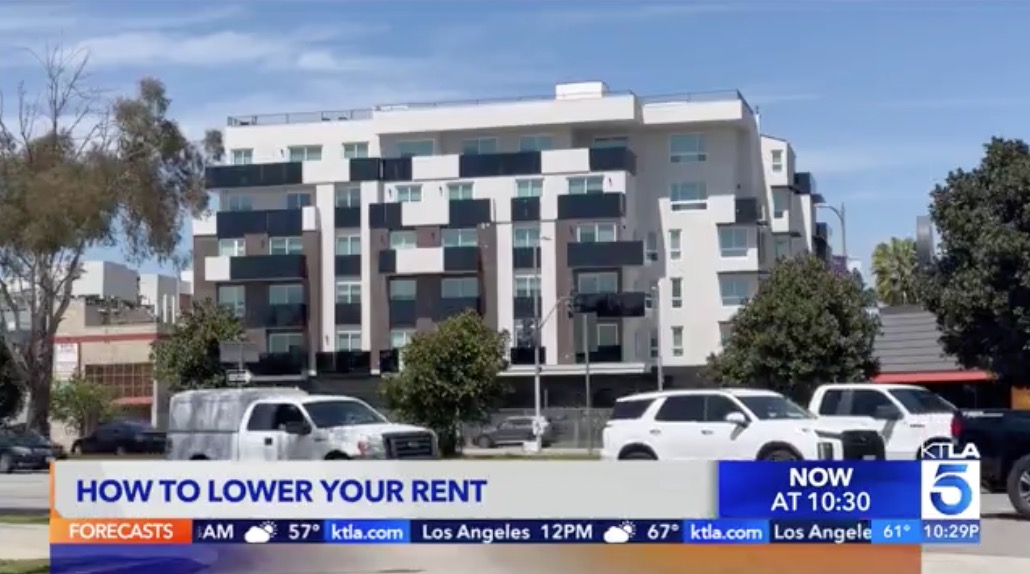Can I pay rent with a credit card?
The quick answer is: Yes, you can pay rent with a credit cart, depending on your landlord and the payment platform, which can offer short-term flexibility, help you build credit, and even earn rewards. But it’s not without its downsides, like processing fees and potential debt if you don’t pay your balance in full. With rent usually being your biggest expense, it’s normal to look for options that give you more breathing room, but need to be thoughtful about the cons. Here’s what you need to know about using a credit card for rent, including the advantages, pitfalls, costs, and steps to get started.
Why pay rent with a credit card?
Paying rent with a credit card lets renters earn rewards or cashback, smooth out cash flow when paychecks don’t line up with due dates, and even build credit history. As long as fees don’t outweigh the benefits and balances are paid off in full, paying the rent with a credit card can be a good option.
Earn rewards and cashback
Using a credit card with a strong rewards program can help you collect points, miles, or cashback every time you pay rent.
For instance, if your credit card offers 1.5% cashback and your rent is $1,500, you could get $22.50 back each month. Over time, these rewards add up, especially for renters in high-cost areas.
Tip: Before paying rent with your card, check that your rewards outpace the processing fees that may apply.
Manage cash flow
Life isn’t always predictable. If your income varies from month to month, or you’re between paychecks right when rent is due, using a credit card can give you flexibility by smoothing out your finances.
Tip: Treat this as a short-term fix, not a routine solution, to avoid racking up debt.
Build your credit score
Paying rent with a credit card and then paying the card off in full and on time can help build your credit history and improve your credit score, which you can monitor by checking it regularly. This can be especially helpful if you’re aiming for a major purchase, like a car or home, in the future.
Tip: Keep your credit utilization below 30% of your limit to maximize the positive impact on your score.
What are the limitations of paying rent with a credit card?
Paying rent with a credit card can be costly if convenience fees outweigh rewards, if balances carry over and accrue high interest, or if your landlord doesn’t accept cards directly. It’s only a smart move when you can cover the full balance each month and confirm fees upfront.
Watch out for convenience fees
Most landlords and payment platforms charge a fee—usually 2% to 3.5%—to process rent payments by credit card.
For example, on a $1,500 rent payment, a 3% fee would be $45 per month. That’s $540 a year.
Tip: Always weigh this cost against any rewards or benefits. Sometimes, the fees can wipe out the gains from cashback and points.
Avoid debt traps
Credit cards have high interest rates, and if you’re unable to pay off your full balance each month, interest charges can pile up quickly.
- Carrying a balance turns a short-term solution into a long-term financial burden.
- If you make rent with a card one month, make a plan to pay it down before the next rent payment comes due.
Tip: Use a credit card for rent only if you’re confident you can pay it off in full—otherwise, the interest will cost far more than any rewards you earn.
Not all landlords accept credit cards
Some landlords and property managers take cards directly, but many do not. In those cases, you might need to use a third-party rent payment platform such as Plastiq, RentTrack, or others, which will add their own processing fees.
Tip: Confirm acceptance before relying on this method, and factor in third-party fees so you’re not caught off guard when the bill comes due.
How to pay rent with a credit card?
- Ask your landlord: The first step is to know if your landlord accepts credit cards.
- Explore third-party services: If your landlord doesn’t have this option, consider legitimate payment processors.
- Calculate costs and benefits: Compare any rewards or convenience to the potential fees.
- Pay off the balance: Make it a goal to pay your statement balance in full each month to avoid interest.
Frequently Asked Questions
1. Do landlords take credit cards?
It depends on the landlord. Policies vary widely, so check with your landlord or property manager first.
2. What rent payment platforms accept credit cards?
Popular platforms include Flex, Bilt, Plastiq, Zego, and RentTrack. Availability depends on your lease and landlord.
3. Can I set up autopay for rent with my credit card?
Yes. Many platforms let you automate rent payments. Just monitor your balance to avoid interest charges.
4. Can I split rent across multiple cards?
Some platforms allow this or offer tools for roommates to split rent, but it may involve extra fees or coordination.
5. Are there special credit cards for rent?
Yes. Some cards and fintech companies offer rent-specific rewards or lower processing fees, so always check the terms.
6. Can I pay rent with a credit card to earn travel points or cashback?
Yes, but only if the rewards outweigh the transaction fees and you’re paying the balance off in full each month.
7. What are the typical fees for paying rent with a credit card?
Processing fees usually range from 2% to 3.5% per transaction.
8. What’s the best credit card for paying rent?
It depends on your goals. Look for one with strong rewards, low interest, and favourable terms for large recurring expenses like rent.
9. Is it safer to pay rent with a credit card or a debit card?
Credit cards usually offer stronger fraud protection and don’t pull funds directly from your bank account.
10. Paying rent with a credit card will help my credit score?
Yes, but only if you pay your bill on time. If you run up a high balance or miss a payment, it can hurt your score.







